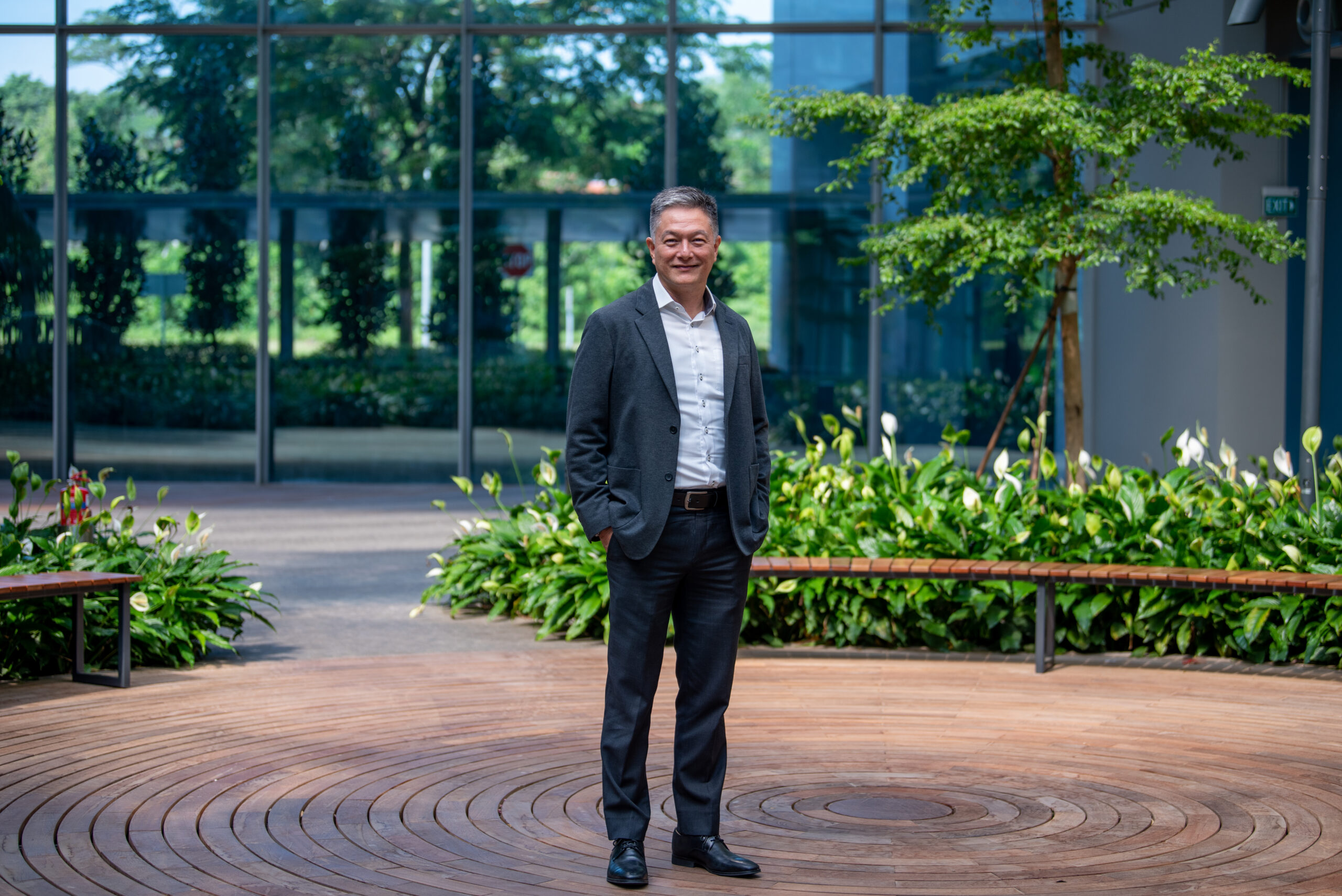No AI boss: Employees in Singapore demand human leadership despite tech embrace
- Josephine Tan

As AI agents become increasingly integrated into the workplace, employees in Singapore are showing strong support for collaboration with the technology, yet remain firm on maintaining human leadership.
According to Workday’s latest global report, AI Agents Are Here – But Don’t Call Them Boss, 83% of employees in Singapore are comfortable working alongside AI agents, but only 8% say they would be comfortable being managed by one. The findings highlight a growing tension for organisations: how to maximise the benefits of AI without compromising the human connection that underpins trust and engagement.
The study found that 79% of organisations in Singapore are already deploying or operating AI agents, particularly within finance and HR functions. This rapid uptake reflects a broad sense of optimism about AI’s potential to enhance productivity, decision-making, and efficiency. However, ethical, security, and governance concerns remain key barriers to wider adoption, surpassing even financial or technical challenges. These concerns are especially pronounced in sensitive areas such as finance and compliance, where human oversight and strong regulation are viewed as essential safeguards.
“We’re entering a new era of work in Singapore where AI is an incredible partner to organisations today, complementing human judgment, leadership, and empathy,” said Jess O’Reilly, General Manager, ASEAN, Workday. “To drive productivity and trust, it is important that we rely on AI as a partner rather than a leader. To do so, organisations in Singapore need to be intentional in how AI is used and keep people at the centre of every decision.”
While most employees are open to AI assisting with tasks and recommending new skills, very few are comfortable with the idea of AI managing people. Only 24% say they would accept AI operating in the background without their knowledge, indicating a clear need for transparency and well-defined boundaries around its use. Nearly nine in 10 employees believe AI agents will help them become more productive, yet many also express concerns that these efficiency gains could come at a cost. Half of employees in Singapore worry that increased reliance on AI will lead to a decline in critical thinking, while a third fear it could reduce the quality of human interaction in the workplace.
READ MORE: Singaporeans see better career growth at home, but job security worries persist
Despite the strong belief in AI’s potential, employees are united in calling for greater regulation and oversight. Every respondent in the study agreed that rules are needed to govern how AI agents are used, with most supporting ethical guidelines set by developers and strict human supervision to ensure accountability. Employees generally view AI as a valuable teammate rather than a full member of the workforce, and trust in AI varies depending on the task. Confidence is highest when AI is used for skills development, but much lower in areas involving human judgment, such as hiring, finance, or legal matters.
The finance sector, in particular, sees immense potential in AI adoption. With the industry facing a shortage of qualified professionals, 72% of finance employees believe AI agents will help close talent gaps, while only 11% are worried about job loss. Many expect AI to play a growing role in financial reporting, forecasting, budgeting, and fraud detection, helping organisations operate with greater accuracy and speed.






